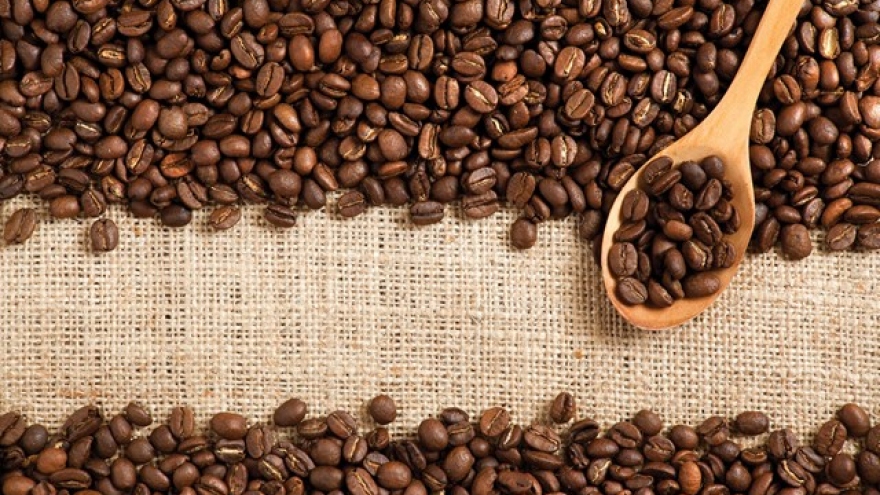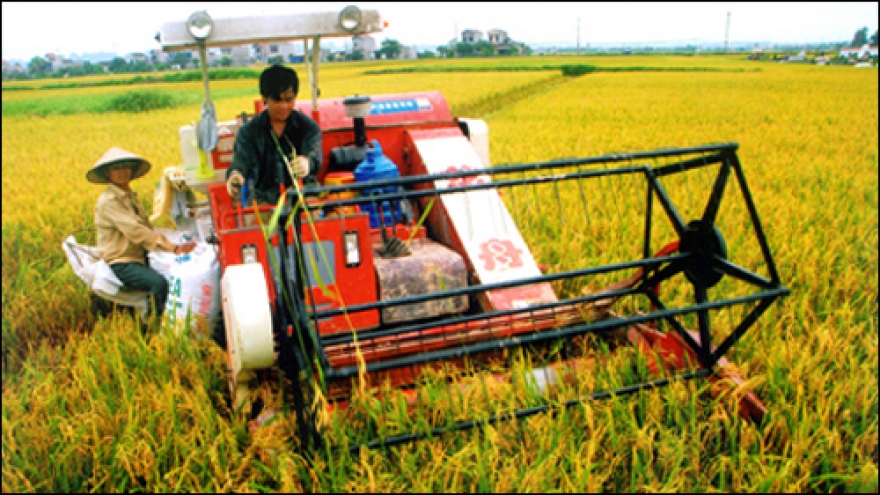Economy slows, forcing re-think on ‘inclusive growth’
VOV.VN - Expansion of the nation’s gross domestic product has slowed to 5.52% in the first half of 2016 hurt by a crippling drought linked to the El Nino weather phenomenon, says the General Statistics Office.
 |
Crop output from farming in the agriculture, forestry and fishing segments of the economy were a drag, as they often are, experiencing two-tenths of one percent negative growth in the first six months of the year.
One of the worst droughts to strike Vietnam in nearly a century combined with rising sea waters has taken a heavy toll and could cast a shadow on the economy for years to come, says the Ministry of Agriculture and Rural Development (MARD).
Dang Kim Son, former head of MARD’s think-tank, the Institute of Policy and Strategy for Agriculture and Rural Development (IPSARD), at a recent business forum in Hanoi, was uncharacteristically blunt.
With more than 50% of the country's workforce engaged in agriculture, the drought has exacerbated troubles in an economy already weighed down by a slowdown in the rate of growth of manufacturing and exports.
Rural households are being hit by a perfect storm, said Mr Son, with the drought not only drying up farmland— but cash flows and profits as crop yields in the hardest hit central region dwindle.
This year, paddy rice fields have resembled parched deserts capes as farmers wait for a rainy season that is late to arrive. Smallholder farmers, who grow watermelons and orange trees about 40 miles from the East Sea, have seen crop-ruining salinity intrude farther inland than ever before.
Then there are the dams. China has built seven hydropower dams on the upper Mekong, known locally as the Lancang, and plans to add 21 more. Laos and Cambodia intend to build 11 hydropower dams on the lower Mekong, with two in Laos currently under construction.
The biggest impact from dams is the trapping of silt, said Mr Son. He said the silt is needed to replenish nutrients that wash away during the monsoon season in the Mekong Delta, and also to sustain the delta against rising sea levels.
Without the sediment, the low-lying delta is eroding and actually sinking and destroying valuable crop and fish farming lands.
Nguyen Do Anh Tuan, the current director of IPSARD, in turn pointed out that the stagnation of farming poses a big challenge to ‘inclusive growth’—ensuring poor, largely uneducated, Vietnamese participate in the overall economy's expansion.
Over one-half of Vietnamese still work in farming and the economic segment gives them a chance to eke out a living even though they have a less formal education, he said, adding that few have attained education or skills beyond the basic primary level.
Farmers in Vietnam are largely engrossed in subsistence farming. They don’t enjoy economies of scale and lack capital to expand, said Mr Tuan, and suffer the high costs of production and poor access to markets.
All of this in addition to the current drought conditions.
Mr Tuan underscored the point that farming is the perennial obstacle to ‘inclusive growth’ and underlined the importance for the government to rethink its strategies here.
Vietnam as a nation needs to pursue a steady course of supporting the drivers of transformation to reach its ambitious target of attaining growth to get to middle income status while promoting more inclusive development.
Economic transformation takes time, but policy makers must focus on those drivers and redouble their efforts to get farmers better educated, out of agriculture and into higher paying jobs in the urban and industrial areas of the country.


